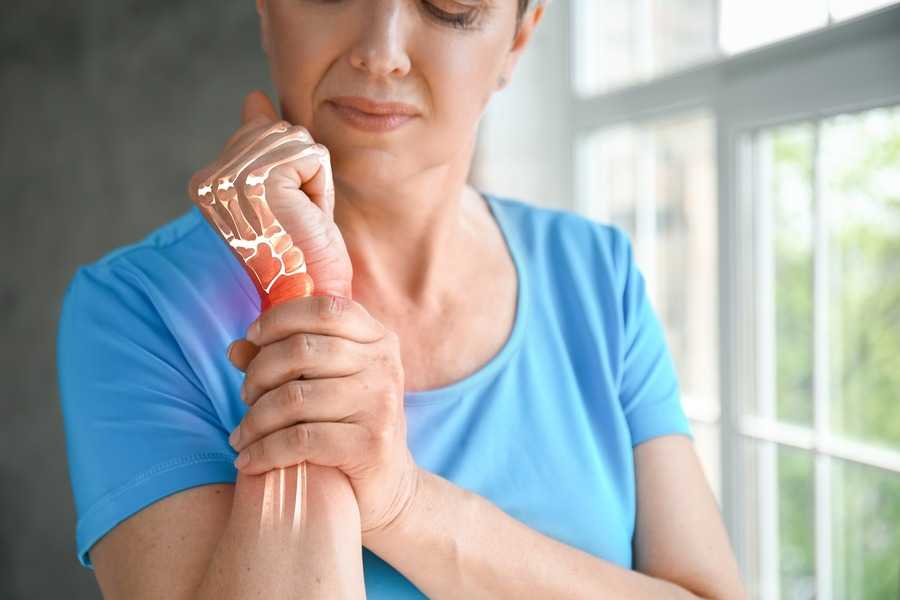
hand pain
Expert Physiotherapy at Home
Personalised Recovery Programmes
Trusted Physiotherapists. Real Results.
Patient Testimonials
Our Medical Team
Meet some of our experienced and dedicated healthcare professionals
Dr. Lokesh G
15 Years Experience
SPECIALIZATIONS
Experienced in Neurological rehabilitation, Orthopaedic physiotherapy, and Paediatric care
Delivers structured, high-impact treatment plans across neuro, ortho, and paediatrics—ensuring safety, comfort, and measurable recovery at every stage.
Dr. Mohammed Sarwar
15 Years Experience
SPECIALIZATIONS
Experienced in Neurological rehabilitation, Adult physiotherapy, and Paediatric care
Combines deep clinical expertise with a compassionate approach, supporting both adults and children through neuro and physical rehabilitation that promotes long-term independence and recovery.
Dr. Nelapati Divya
12 Years Experience
SPECIALIZATIONS
Skilled in Orthopaedic rehabilitation, Manual therapy techniques, and Paediatric physiotherapy
Brings a personalised, hands-on approach to healing—combining structural expertise with paediatric sensitivity to restore movement, relieve pain, and improve everyday function.
Dr. Naveen V
3 Years Experience
SPECIALIZATIONS
Trained in Pain management, Cardiac and Orthopaedic rehabilitation, Neurological care, and Neural tissue mobilisation
Brings clinical precision and empathy together—designing science-backed recovery protocols for pain relief, nerve mobilisation, and cardio-neuro-ortho rehabilitation across all age groups
Dr. Miloni Savla
2 Years Experience
SPECIALIZATIONS
Holds an MPT in Orthopaedics with a focus on Musculoskeletal rehabilitation and strength recovery
Delivers focused, movement-oriented therapy grounded in orthopaedic science—helping patients rebuild strength, restore function, and return to daily life with confidence

introduction: hand pain
Hand pain is a common complaint that can significantly affect a person’s quality of life. Whether caused by injury, overuse, or an underlying medical condition, hand pain can impair basic functions such as gripping, lifting, or writing. The complexity of the hand, which includes multiple bones, muscles, tendons, and nerves, makes it susceptible to various issues. Understanding the causes and treatments of hand pain is key to effective management and prevention.
signs and symptoms of hand pain
The symptoms of hand pain vary depending on the underlying cause. Common manifestations include swelling, stiffness, and a reduced range of motion, which can make it difficult to perform everyday tasks. Some individuals experience tingling or numbness, particularly in conditions like carpal tunnel syndrome. Others may notice visible deformities, such as joint swelling or changes in finger alignment, which are often associated with arthritis. Persistent pain that worsens with specific movements or activities is another hallmark symptom.
causes of hand pain
Hand pain can arise from a wide range of causes, each requiring a tailored approach to treatment. Injuries such as fractures, sprains, or dislocations are among the most obvious causes. Repetitive strain injuries, including tendonitis or carpal tunnel syndrome, are common in people who perform repetitive tasks such as typing or manual labor. Chronic conditions like osteoarthritis or rheumatoid arthritis can also lead to debilitating hand pain. Additionally, nerve-related issues, such as peripheral neuropathy, may contribute to discomfort and impaired function.
risks of hand pain
Certain factors increase the likelihood of developing hand pain. Repetitive motions or prolonged use of hand tools place significant stress on the hand’s structures. Aging is another risk factor, as wear and tear on the joints over time can lead to arthritis. Individuals with underlying medical conditions such as diabetes are also at greater risk due to the potential for nerve damage and impaired circulation. Understanding these risks can help guide preventive measures and early intervention.
prevention of hand pain
Preventing hand pain involves adopting ergonomic practices and maintaining overall hand health. Using proper techniques when performing repetitive tasks and taking regular breaks can help reduce strain. Strengthening and stretching hand muscles through specific exercises can improve resilience and flexibility. Wearing protective gear during high-risk activities and seeking prompt treatment for injuries are also effective preventive strategies.
treatment methods/diagnosis of hand pain
Diagnosing hand pain begins with a thorough medical history and physical examination. Imaging tests such as X-rays, MRI, or ultrasound may be used to assess bone and soft tissue abnormalities. Nerve conduction studies can help identify conditions like carpal tunnel syndrome. Treatment options vary depending on the cause and severity of the pain. Nonsteroidal anti-inflammatory drugs (NSAIDs) and corticosteroid injections may be prescribed to reduce inflammation and alleviate pain. Splints or braces are often used to immobilize the affected area, while physical therapy can restore strength and function. In severe cases, surgical intervention may be required.
how physiotherapy helps in hand pain
Physiotherapy offers a holistic approach to managing and alleviating hand pain. Therapists use targeted exercises to strengthen hand muscles, improve joint flexibility, and enhance overall functionality. Manual therapy techniques can reduce pain and swelling while promoting better circulation. Ergonomic training is another important aspect, helping patients adjust their movements and environments to prevent further strain. Physiotherapy not only addresses the symptoms but also tackles the root causes of hand pain, ensuring long-term relief and improved quality of life.
how portea helps in hand pain
At Portea, we understand the challenges of living with hand pain. Our home-based physiotherapy services are tailored to the specific needs of each individual, providing personalized care to help them regain mobility and independence in a safe and supportive environment. We also specialize in providing expert physiotherapy services for post-surgical rehab, arthritis, neuro-rehab, sports injury, orthopedic physiotherapy, physiotherapy for the elderly, for respiratory disorders, and more – all delivered conveniently at your home. Our dedicated team ensures you receive the personalized care you need for a smooth and successful recovery.
With Portea, you receive expert paralysis physiotherapy treatment at home, delivered by skilled physiotherapists dedicated to your recovery and well-being. Additionally, we offer a wide range of healthcare solutions, including doctor consultations,medical equipment, nursing care, and dedicated trained attendants ensuring personalized and high-quality care tailored to your needs.
portea’s other physiotherapy services based on medical conditions
faq’s
1.What causes pain in the hand?
Hand pain can be caused by conditions like arthritis, carpal tunnel syndrome, repetitive strain injuries, tendonitis, or fractures. It can also result from poor posture or overuse.
2. How can I relieve hand pain?
Relief can be achieved through rest, ice, compression, elevation (R.I.C.E.), pain relievers, physical therapy, or splinting. For chronic pain, consult a healthcare provider for specific treatments.
3. What causes pain in the left hand finger?
Pain in the left hand finger can be due to conditions like arthritis, tendonitis, nerve compression, or even trauma. It’s important to determine the cause for targeted treatment.
4. How to relax your hand?
To relax your hand, stretch your fingers, shake out any tension, and perform gentle exercises. You can also apply heat or massage the area to help relax muscles and improve blood flow.
5. Can carpal tunnel cause hand pain?
Yes, carpal tunnel syndrome occurs when the median nerve in the wrist is compressed, leading to pain, tingling, and numbness in the hand and fingers.
6. Can stress cause hand pain?
Stress can lead to muscle tension in the hands, causing discomfort or pain. Practices like relaxation techniques or yoga can help alleviate stress-induced hand pain.
7. When should I see a doctor for hand pain?
If hand pain is persistent, severe, or accompanied by swelling, numbness, or difficulty moving the hand, it’s important to see a doctor for proper evaluation and treatment.
8. Can arthritis cause hand pain?
Yes, osteoarthritis or rheumatoid arthritis can cause hand pain, stiffness, and swelling due to joint inflammation, particularly in the fingers and wrists.
9. How long does hand pain last?
The duration of hand pain depends on the underlying cause. Acute pain from overuse may resolve in a few days, while chronic pain from conditions like arthritis may last longer.
10. Can hand pain be a sign of a heart problem?
Pain in the left hand, especially when accompanied by chest pain, dizziness, or shortness of breath, could indicate a heart problem and should be evaluated by a doctor immediately.
Doctor Consultation
Nursing
Physiotherapy
Trained Attendant
Elder Care
Mother & Baby Care
Lab Tests
Medical Equipment
Speciality Pharma
Critical Care











